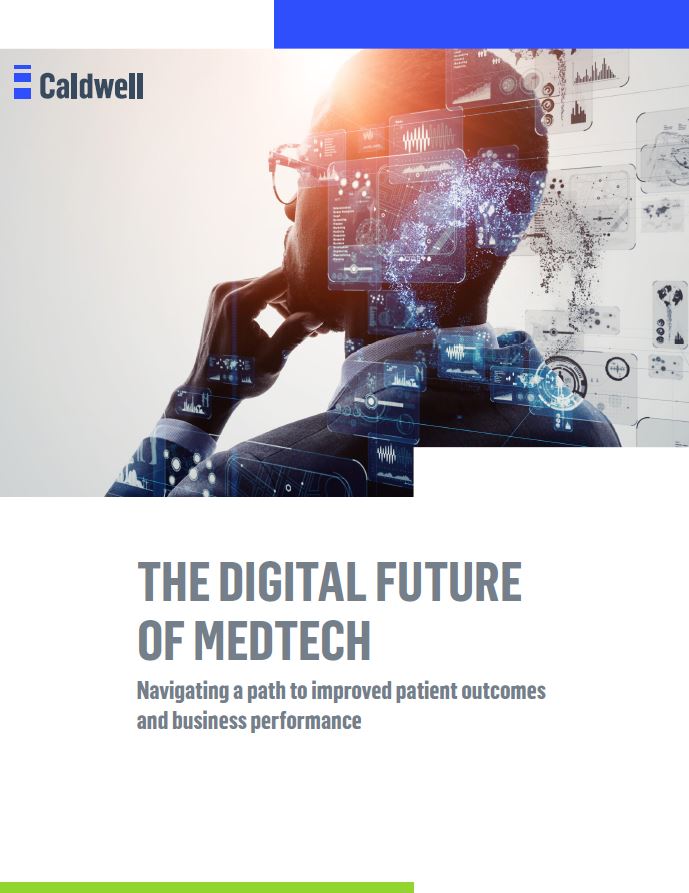Navigating a path to improved patient outcomes and business performance
The medical tricorder is a digital device used by doctors to collect physical information about a patient and diagnose diseases more accurately. It was invented by Gene Roddenberry for the original Star Trek series and was intended to represent the vanguard of 23rd-century medical technology.
Now, more than 200 years earlier than predicted, Roddenberry’s science fiction is rapidly becoming science fact. The tools healthcare providers have at their disposal are increasingly digital in nature. Many incorporate elements of artificial intelligence and machine learning. Computers are doing everything from assessing drug effectiveness to detecting health conditions – and doing it better than humans ever could.
And we’re just getting started.
The potential impact of digital and AI (artificial intelligence) capabilities on global healthcare systems is huge, not merely in terms of improved patient outcomes but also the ability to reduce costs.
But transformations as fundamental and as far-reaching as this do not happen overnight. They require changes at every level, from people behaviors to product strategies, from organizational cultures to the makeup and balance of the entire healthcare ecosystem.
Download our latest paper for insights into:
- How organizations should initiate digital transformation
- How to develop digital leaders
- Finding and attracting the talent you need
- What digital transformation means for your business functions
- What will the MedTech sector look like ten years from now?
